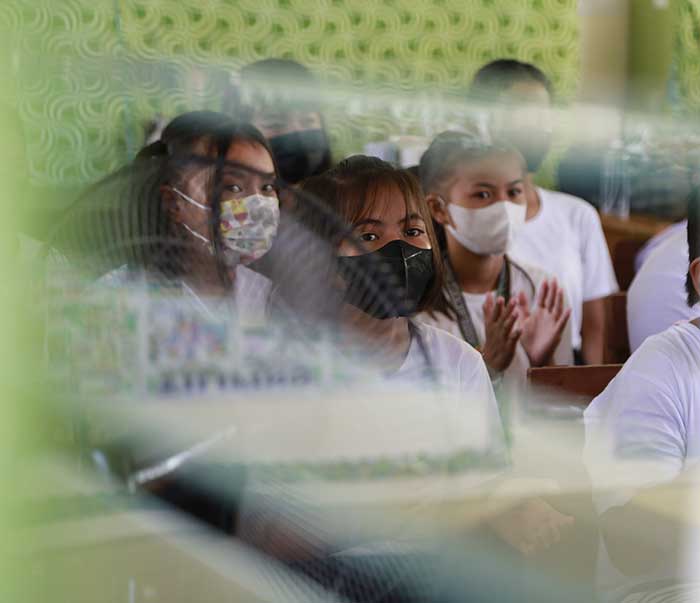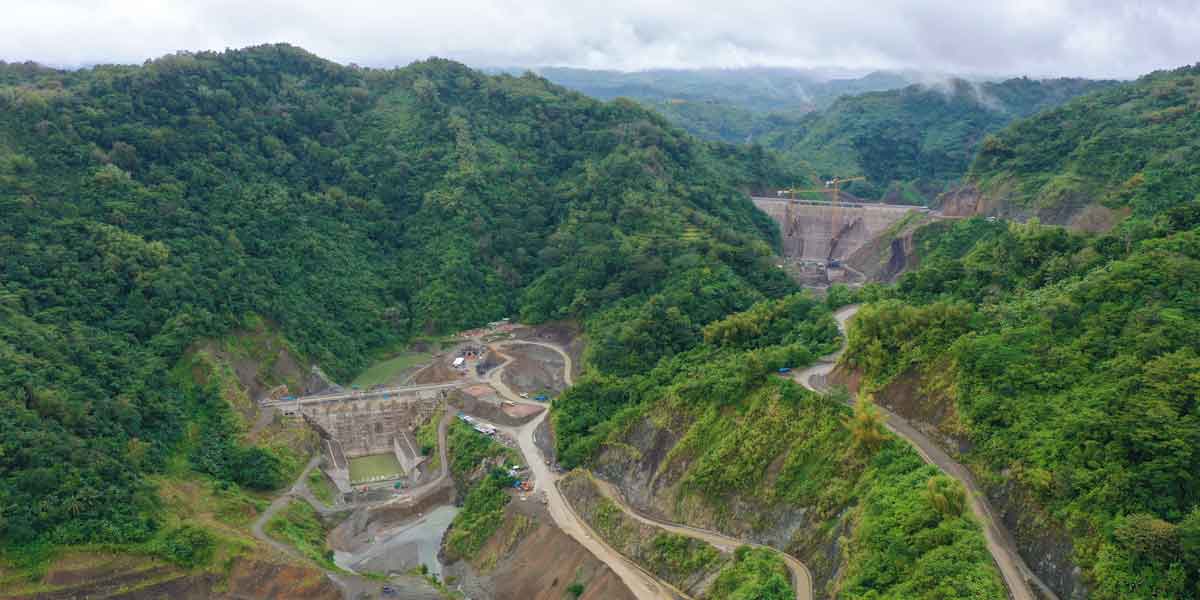
As temperatures surpassed 42ºC in five places across the Philippines this week, Save the Children Philippines calls for the government to address climate change. The extreme heat has forced educators and local authorities to suspend hundreds of classes, as children struggle to concentrate in the classroom and face health risks.
The Philippine Atmospheric, Geophysical, and Astronomical Services Administration (PAGASA) attributes the recent heatwaves to El Niño, with Western Visayas and Negros Island experiencing particularly uncomfortable temperatures of 42ºC.
“Failing to do this will have dramatic consequences for children’s health, safety, and wellbeing,” warned Atty. Alberto Muyot, CEO of Save the Children Philippines, urging urgent action to limit global warming to a maximum of 1.5°C above pre-industrial levels.
Climate change and poverty simultaneously threaten one-third of the world’s children, or 774 million. In the Philippines, nearly 4,000 schools have closed or moved to alternative delivery modes of learning (ADM) to protect students from the high heat index.
Rohj Olivo, a 17-year-old climate activist, expressed concern about the impact of climate change on education, noting that the school calendar and mode of delivery have already been adjusted in recent years due to the pandemic and changing environment.
Carla, a 15-year-old from Navotas City, shared her firsthand experience: “Before, I used to walk home to save on fare, but now I can’t because of the heat. Commuting is difficult, sidewalks are tiny, and it’s really hot!”
Teachers from Eastern Samar and Cotabato City report that the oppressive classroom temperatures are detrimental to students’ health, focus, and overall learning experience. “Several of our students are suffering with colds and coughs. If the heat wave persists, we will need to adopt modular learning so that the children can wear light and stay hydrated at home,” said Teacher Geralyn.
To prepare for El Niño, Teacher Perla suggests providing potable water in each classroom and ensuring adequate ventilation. Teacher Nur of Cotabato City encourages water breaks during lessons, well-ventilated rooms, and the avoidance of afternoon classes, with modular lessons scheduled whenever possible, especially during peak heatwaves.
As climate change continues to raise global temperatures and cause unprecedented heatwaves, it is crucial for governments and corporations to be held accountable for their contributions to rising temperatures and to take urgent action to protect the health, education, and well-being of children worldwide.




















